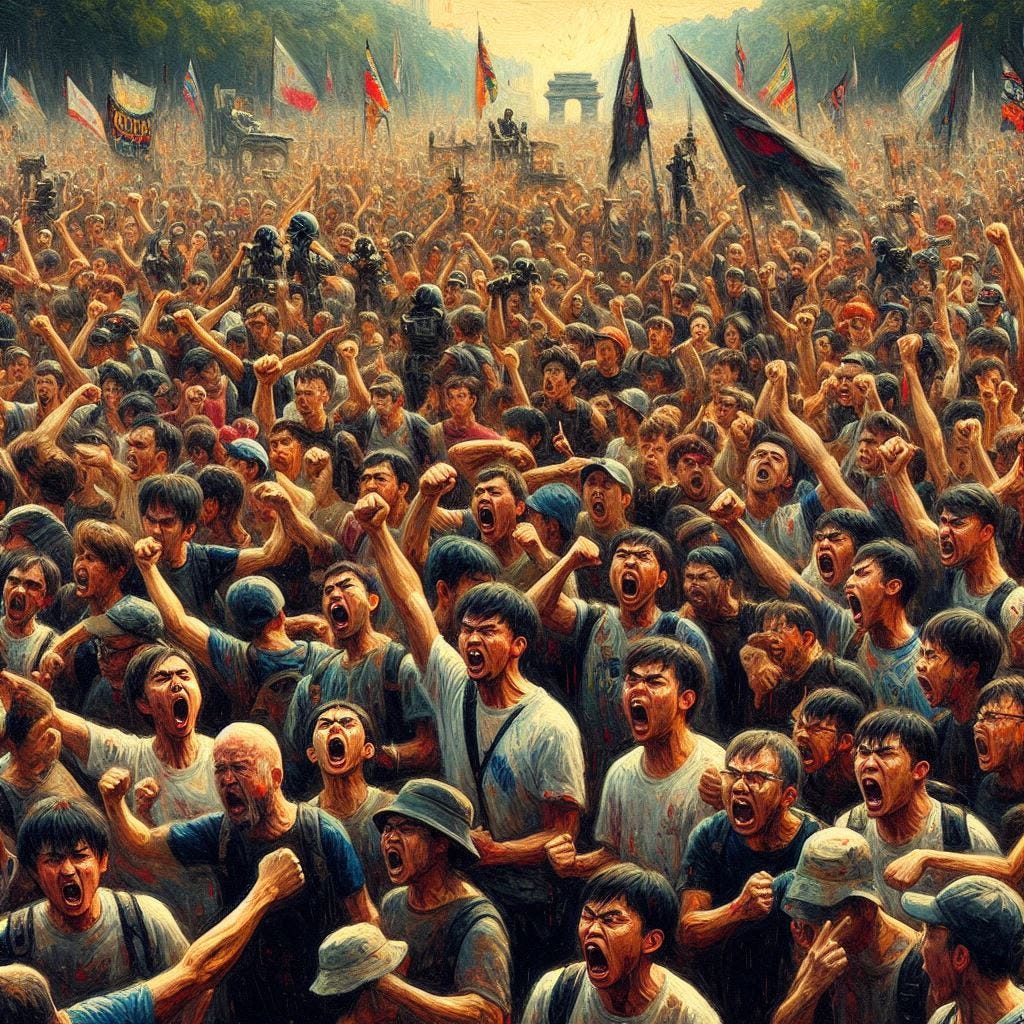Due Process and You
How Trump's political policies will ruin our lives eventually
The current Trump administration has been accused of multiple instances of sabotaging due process in America. This ranges from their treatment of political opponents, to the way they handle legal matters that concern them directly.
One of the most glaring examples is their handling of the Mueller investigation into Russian interference in the 2016 election. Despite strong evidence pointing towards collusion between the Trump campaign and Russia, Attorney General Barr's summary of the report left many key points omitted or downplayed. This has been seen by many as a deliberate attempt to shield Trump from any legal fallout.
Additionally, the administration has been accused of politicizing the Justice Department, using it for personal gain rather than upholding the rule of law. The President's use of pardons has also raised concerns about how this might impact future investigations and trials.
The danger in these actions is that they erode trust in institutions like the judiciary and the justice department. They make it harder to hold people accountable, whether they're politicians or regular citizens. It can lead to a lack of faith in our system of checks and balances, which could ultimately harm us all.
It's important to remember that due process isn't just about the accused; it’s also about upholding the rights of the accuser. Without it, we risk becoming a country where those who have power are above the law, and those without it struggle in vain for justice.
As Americans, we must be vigilant against these tactics. We need to remind our leaders that our institutions were built on principles of fairness and equality under the law - not on political favoritism or personal vendettas.
Throughout history, there has been a consistent pattern of human rights violations leading to violent revolutions and uprisings across various countries and continents. From the American Revolution, where colonists fought for their political freedoms against British rule, to more recent movements like the Arab Spring, instances are plentiful of people standing up for themselves in response to oppressive or unjust systems.
One such example is the French Revolution, ignited by the ideals of liberty, equality, and fraternity, which saw a determined populace overthrow an absolute monarchy and establish a constitutional government. The Russian Revolution was similarly driven by dissatisfaction with the Tsarist regime's mismanagement, leading ultimately to the October Revolution in 1917, setting off a chain of events that would eventually lead to the establishment of the Soviet Union.
In more recent times, we've seen similar occurrences in various parts of the world. The Chinese Communist Revolution stands out as an example where political power struggles led to a civil war that ended with the overthrowing of the Nationalist Party and establishment of the People's Republic of China. Similarly, the Iranian Revolution saw an anti-American Islamist movement deposing the last Pahlavi monarch of Iran.
Each of these instances has highlighted the importance of upholding human rights, as even minor violations can have dire consequences and lead to violent responses. It's a testament to the resilience of the human spirit that people across cultures and eras have consistently shown a willingness to fight for their rights and dignity in the face of injustice. This should serve as a reminder for us today: it is our responsibility, as citizens of the world, to ensure these fundamental rights are protected and respected.
Remembering these historical precedents can inspire us in our own battles for justice and equality, urging us to continue advocating for human rights in all corners of the globe.



